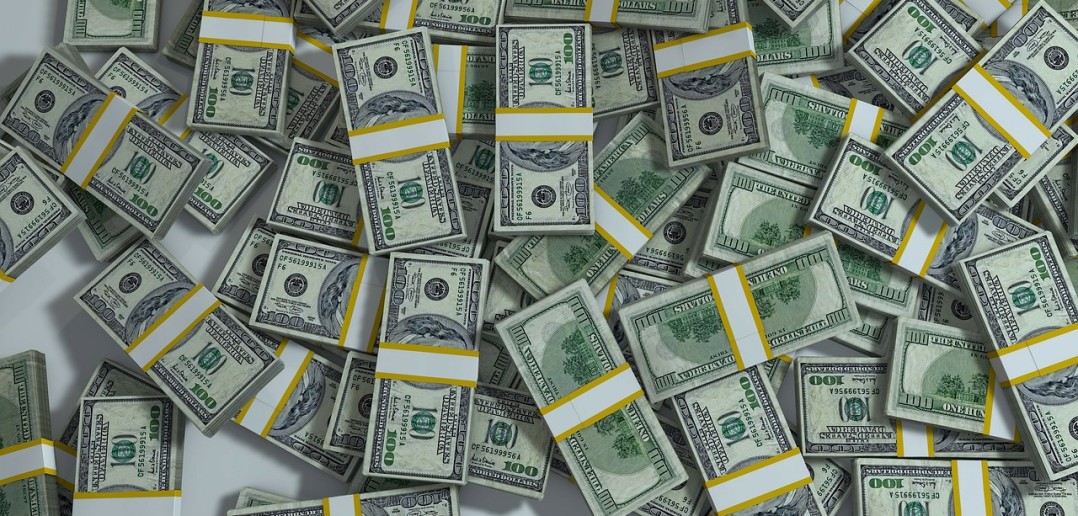YES
1. If the United States or even a single state were to raise the minimum wage, our country would bene t today. This is because, currently, we have zero in ation, which means our money is worth more. So if workers get paid more, they will have more money to buy things— their purchasing power would increase. Families would gain both nancial security and an increased ability to purchase goods and services, consequently creating jobs for other Americans. I recognize that theory predicts that jobs would actually be lost if we increase the minimum wage, but that is only true if the minimum wage is above the equilibrium. Theory is not always practiced in reality.
2. Illinois’ minimum wage is $8.25 per hour since January 1, 2016. The local minimum wage for Chicago is $10.00 per hour, which is the same in the state of California. This adjustment between different regions is important because your minimum wage should be calculated based on your location’s expenses so you are able to live sustainably. If we had increased the federal minimum wage to $9.80 in July 2014, we would have helped 28 million workers receive an approximate $40 billion in additional wages over the following year. GDP would have also increased by roughly $25 billion, which would have resulted in about 100,000 net new jobs over that one-year period.
3. Increasing the minimum wage would encourage the unemployed to join the labor work force, but that would mean there is more competition for the job. There would be more of a supply of labor than the demand. Because of this employment shift, there would be fewer people on the street selling drugs, living in prostitution, experiencing depression, suffering from alcoholism, experiencing domestic abuse, and committing suicide (according to Professor Tuttle). There would be a decrease in unemployment, which is bene cial because the people who want to work will be able to do so.
4. If consumers get paid more, they will spend more and continue to promote economic growth, which helps our economy as a whole. Spending is good because it helps boost our gross domestic product (GDP), which is the economic measure of a country’s productivity. GDP is the country’s output/ production of nal goods and services.
5. If the federal government increases the minimum wage, it will help us match the increase in in ation in the future. Raising the minimum wage does not necessarily create in ation; however, we know from past experience to expect in ation sometime in the near future. When there is in ation, the minimum wage salary should at least be equated to the in ation rate in order for workers to have enough money to have the same purchasing power. Increasing the minimum wage would be a safety measure to ensure a worker’s nancial future.
NO
1. Raising the minimum wage creates a chain cycle effect: businesses must eventually raise prices in order to support paying higher wages to its employees and those earning minimum wage will end up not bene tting from more money in their pocket as that excess they’re earning from the raise is being spent on more expensive goods.
2. Employers of minimum wage workers often spend a considerable amount of time and effort training their employees. These newly taught skills make workers who begin at a minimum wage rate more valuable and gives them a chance to gain experience. Employers’ training of these workers allows them to ght their way into the middle class; however, if businesses must spend more on wages, they may become unwilling to take the time and money to train unskilled workers and choose to hire skilled workers instead, which would make it so much more dif cult for those who are new to the workforce to gain the training and experience they need to continue moving up the employment ladder.
3. In the 1923 Supreme Court case, Adkins v. Children’s Hospital of District of Columbia, justices believed that minimum wage could be a violation of the constitutionally guaranteed freedom of contract that is embedded in the Fifth Amendment. They voiced the following opinion: “To the extent that the sum xed exceeds the fair value of the services rendered, it amounts to a compulsory exaction from the employer for the support of a partially indigent person, for whose condition there rests upon him no peculiar responsibility, and therefore, in effect, arbitrarily shifts to his shoulders a burden which, if it belongs to anybody, belongs to society as a whole.”
4. Raising in the minimum wage eliminates jobs. The Congressional Budget Of ce (a nonpartisan organization) estimated that once President Obama’s proposed $10.10 wage would be fully implemented, 500,000 jobs would be lost.
5. Less than 3% of all wage and salary workers in the United States earn the minimum wage. If the minimum wage is raised, the price of goods will go up for everyone, which would result in less disposable income for the majority of working Americans.



